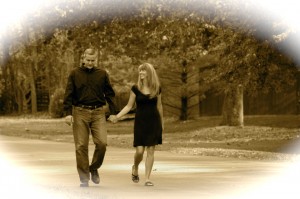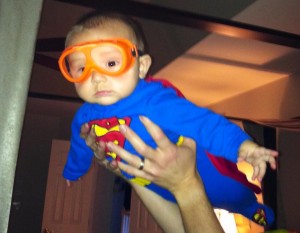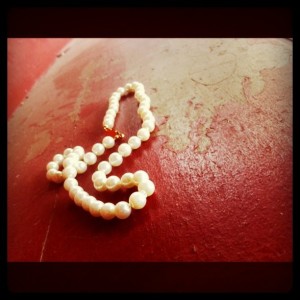 Throat tight, fiercely pounding heart throbs in my ears. Eyes wet. And that smell. Why do hospitals always have that smell?
Throat tight, fiercely pounding heart throbs in my ears. Eyes wet. And that smell. Why do hospitals always have that smell?
We walked silently to the elevator together after meeting with the doctor. I wasn’t sure I’d make it. My legs felt funny. Weak. Wobbly.
I literally didn’t know what to say. How does one support, encourage, cheer on, give hope to someone just handed a potential death sentence? How do I take the next breath, how do I find hope HERE?
God, where are You in this?
I took his hand. We made small talk about parking as we walked to the elevator. I wished I didn’t have to drive home. Alone.
I’d met him at the clinic for the appointment. We looked at the images together with the doctor. The nurses had too much compassion – the kind that said, “We’re so sorry you’ve been given this news.”
The last time a doctor looked at me like this was when I was told I’d lost the baby. The days are filled with minutia-sized moments where every thought is being taken captive, lest I give way completely to fear. I feel fear’s snarl, it’s teeth bared at my neck, saliva dripping, lip-licking tongue and hot breath. It threatens to devour me.
I can’t imagine what it must be like for my friend, the man I married. The days have become faith-testing moments, one right after another, only to be repeated, over and over again.
God, where are You in this? Help me see… I’m so blind and everything’s distorted through the tears.
…
So without going too much into the details, a birth defect we didn’t even know my husband had is rearing it’s ugly head, threatening his life. We don’t know much yet, but what we do know has us rattled.
We have asked God for a miracle, because the surgery is rather risky. “The riskiest surgery we do,” said the cardiologist. I’m trying not to be angry at him for that. Actually, I’m not angry at all; what I’m trying to not be is afraid. I’m trying to trust God with everything. Even this. Even though in the last few months, a friend of mine’s uncle died with the same condition. It was the first time I’d ever heard of it in my life. And now…
As we begin this medical journey, and I look at Dare 22 in the book, “The Respect Dare,” I fondly remember ironing all those shirts. Thanks to my own physical disability, I don’t iron much any more, and it’s usually the chore I hate most. But I’d iron every one of his shirts every single day from here to eternity if it would change the news we’ve been given. Did You hear that, God? Could we make that trade?
I know, I know better… but still. In the NOW I’m in, I’m grasping through tears at anything that might change this, wondering if I couldn’t please just wake up now and have it be a nightmare… And the tears just keep coming.
Food’s lost it’s flavor, and the world seems a bit gray, so I’m praying, “Where’s the joy I’m to have, even in this NOW that I’m in?” Is my faith so small? Maybe… Maybe not.
So today, when you get mad at your husband for leaving his socks on the floor, or you trip over his shoes, or he leaves a dish on the counter, be thankful he’s even there to do that. Maybe take a moment and ponder what it might be like if he wasn’t.
And if you think of it, please join us in praying for a miracle for my husband. For complete, miraculous healing without surgery. And if God says, “No,” please pray for us as we journey through the steps of learning, traveling to specialists, and making appointments. Pray we do what is right and do not give way to fear… And that we are both strong and courageous.
Respectfully…
Nina











